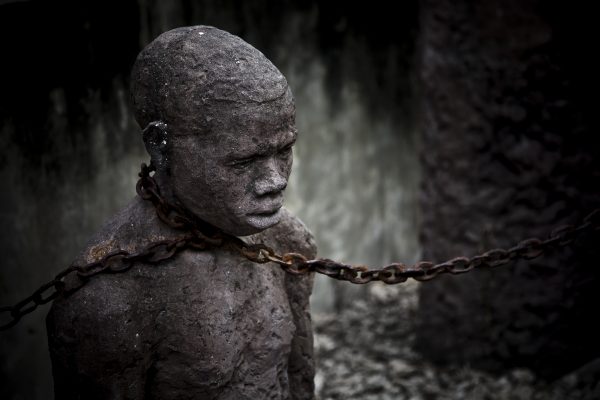Here is a balanced look at the Sunni and Shia Muslim perspectives around the events surrounding the death of Fatima bint Muhammed.
Here is a balanced look at the Sunni and Shia Muslim perspectives around the events surrounding the death of Fatima bint Muhammed.
Fatima bint Muhammed, the daughter of the Prophet Muhammed, is known as the “leader of the women in paradise” and is widely accepted by all Muslims to be the most virtuous of all women.
Her legacy, strength, faith, and character are still revered and cherished amongst Muslims from around the world – and as the Prophet’s daughter, she remains one of the most important people in the history of Islam.
I have not seen anyone more similar to the Messenger in speech and dialogue than Fatima. Whenever she entered the house, he would greet her, kiss her hands and ask her to sit near him. Likewise, when he entered the house, she would greet him, kiss his hands and etc…..”
However, events after the Prophet’s life in regards to how she died are obscure and contentious and have divided Muslims for centuries since it occurred.
Many Shia Muslims believe that the house of the Prophet’s daughter was attacked to force Ali ibn Abu Talib (her husband) to pledge allegiance to Abu Bakr. Abu Bakr was one of the Prophet’s closest companions, and Sunni Muslims believe was the first caliph to lead the Muslim world after the Prophet’s death.
According to a number of Shia historians, Fatima was injured in this attack and it caused her to miscarry the child she was pregnant with at the time and eventually, die from her wounds just six months after the Prophet’s own death.
However, most Ahlus Sunnah scholars categorically reject that such an event took place. Ibn Taymiyyah points out that this accusation cannot be accepted unless it comes through an authentic chain. According to Sunni Muslim scholars and historians, Fatima bint Muhammed died from grief for the loss of her father.
Both Sunni and Shia Muslims, however, accept that an altercation between Fatima and Abu Bakr did indeed occur, however, over the inheritance of land called Fadak, and that Fatima died unhappy with Abu Bakr.
Fatimah became angry with Abu Bakr and kept away from him, and did not talk to him till she died. She remained alive for six months after the death of the Prophet. When she died, her husband ‘Ali buried her at night without informing Abu Bakr and he said the funeral prayer by himself.”
Shia Muslims believe that Abu Bakr usurped her rights unfairly – while on the other hand, Sunni Muslims argue that Abu Bakr was enacting Sharia law by denying Fatima her claim. Allah knows best.
After Fatima bint Muhammed died, Ali ibn Abu Talib buried her in secret during the night and the exact whereabouts of her grave remain unknown today.
Fatima’s conflict with Abu Bakr and her untimely death has been the source of Muslim division for centuries. It is the reason why some Shia Muslims oppose some companions of the Prophet Muhammed, and in turn, why many Sunni Muslims feel hurt by the allegations made against them.
The purpose of this article is not to take a side on who is right or who is wrong, but rather shed light on both perspectives on an important event in Islamic history. We know these discussions are difficult and emotional, but they are the first step in moving towards a more harmonious ummah that truly reflects what our beloved Prophet Muhammed prayed for.
Whatever version of history you believe, you can agree to disagree without compromising your akhlaq. At the end of the day, let us remember the life and legacy of Fatima bint Muhammed, one of the most beautifully faithful and inspiring people in the history of Islam.





